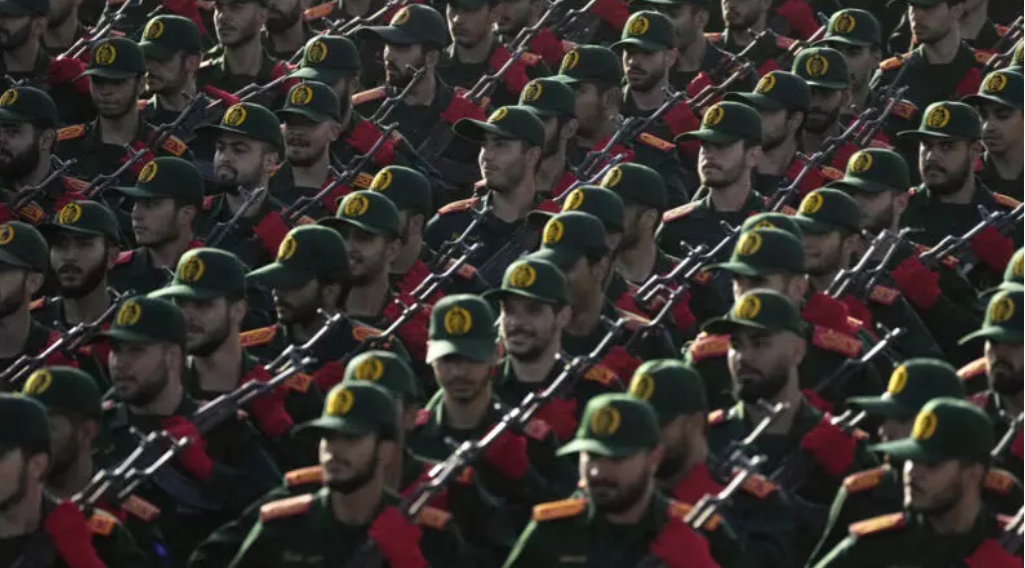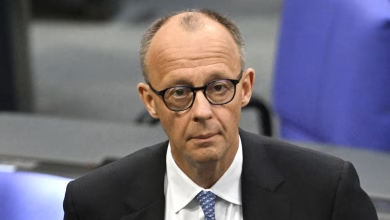Iran’s elite Revolutionary Guards Corps (IRGC) has mandated that all members cease using communication devices following a series of deadly attacks involving pagers and walkie-talkies used by their Hezbollah allies in Lebanon. This directive comes after multiple devices exploded last week, prompting concerns among Iranian security officials.
According to two senior security officials who spoke to Reuters, a large-scale operation is currently underway to inspect all types of devices used by IRGC members, not limited to just communication equipment. One official noted that many of these devices were either homemade or imported from China and Russia, raising further security concerns regarding their reliability and safety.
Iran is increasingly concerned about possible infiltration by Israeli agents, including Iranians allegedly on Israel’s payroll. A thorough investigation targeting mid- and high-ranking members of the IRGC has commenced, as confirmed by a senior security official who spoke on condition of anonymity due to the sensitive nature of the matter.
The investigation includes close scrutiny of personnel bank accounts both within Iran and abroad, as well as analyzing their travel history and that of their families.
This heightened security response follows a coordinated attack on Tuesday, when pager devices detonated across Hezbollah’s strongholds, leading to additional explosions of walkie-talkies on Wednesday. The attacks resulted in 39 fatalities and over 3,000 injuries, with Lebanon and Hezbollah attributing the assaults to Israel. However, Israel has neither confirmed nor denied involvement.
The security official declined to disclose how the IRGC, which consists of 190,000 personnel, is currently communicating, but mentioned, “For now, we are using end-to-end encryption in messaging systems.” There is significant alarm among Iran’s ruling establishment, prompting IRGC officials to consult with Hezbollah for technical assessments. Several exploded devices have been sent to Tehran for examination by Iranian experts.
Missile, nuclear facilities
Another Iranian official stated that the primary concern of the Islamic Republic is the protection of its nuclear and missile facilities, particularly those located underground. He noted that security measures at these sites have significantly intensified since last year, following what Iranian authorities allege was an Israeli attempt to sabotage Iran’s missile program. Israel has not commented on these claims.
“There has never, ever been such tight security and extreme measures in place as there are now,” the official emphasized, indicating that the security response has escalated following the recent pager explosions in Lebanon.
The IRGC (Islamic Revolutionary Guard Corps) serves as a powerful political, military, and economic force in Iran, closely aligned with Supreme Leader Ayatollah Ali Khamenei. Established after the 1979 Islamic Revolution to safeguard the clerical regime, the IRGC includes its own ground force, navy, and air force, overseeing Iran’s strategic weapons.
It extends its influence throughout the Middle East via its Al Quds Force, providing financial support, weaponry, technology, and training to allied groups such as Hezbollah in Lebanon, Hamas in Gaza, Yemen’s Houthis, and various militias in Iraq.
According to an Iranian source, the military relies on a variety of encrypted communication devices, including walkie-talkies, for secure communications. While the specific models may differ, much of the military communications equipment is developed domestically or sourced from a combination of local and foreign suppliers. The source also noted that Iran’s armed forces have not used pagers for over two decades.
To reduce reliance on foreign imports, particularly due to Western sanctions related to its nuclear program, Tehran has developed its own military-grade radio transmission capabilities through its defense industry. However, in the past, Iran has imported communication devices from countries including China, Russia, and Japan.
Iran and Israel have been engaged in a longstanding shadow war, marked by mutual allegations of sabotage and assassination plots.
The conflict between Israel and Hezbollah has escalated over the past year, coinciding with the Gaza war that began after Hamas launched an attack on southern Israeli communities on October 7.
Tensions have heightened as Iran and Hezbollah accused Israel of assassinating Hamas leader Ismail Haniyeh in Tehran, alongside the killing of Hezbollah’s top military commander, Fuad Shukr, in Beirut shortly before. While Israel confirmed Shukr’s death, it has not officially acknowledged its involvement in Haniyeh’s assassination.
Iran remains staunchly opposed to Israel’s existence, with Supreme Leader Ali Khamenei characterizing Israel as a “cancerous tumor” that will ultimately be eradicated. Israel, in turn, views Iran as an existential threat, alleging that Iran is secretly pursuing nuclear weapons—a claim that Iran firmly denies.

